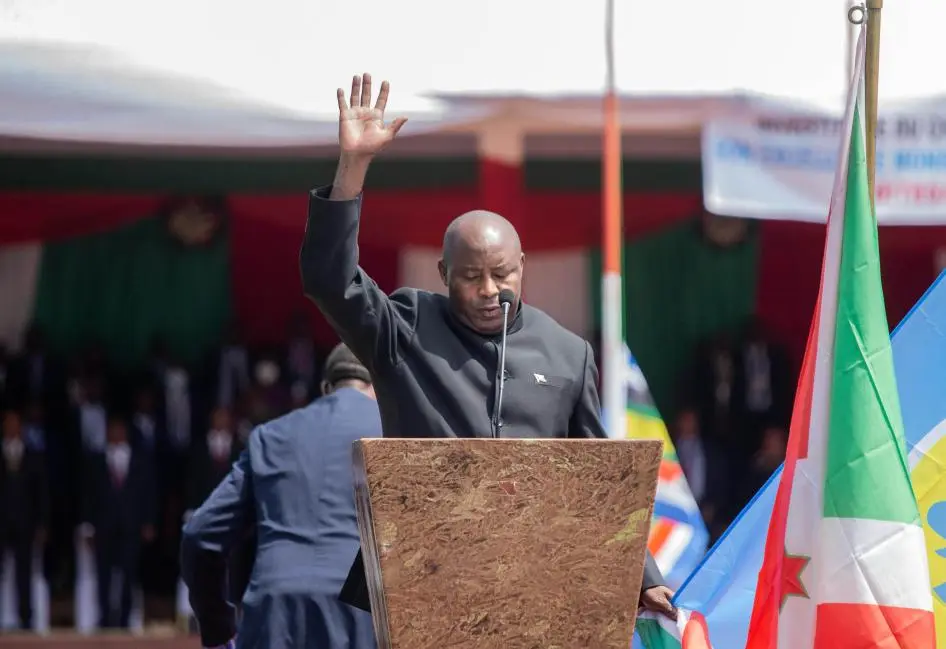
Strengthening ties: Chad and Burundi forge closer diplomatic relations
During a state visit to Burundi from June 30 to July 1, Chadian President Mahamat Idriss Deby was warmly received by Burundian authorities.
Your go-to source for in-depth coverage of political developments, economic trends, social affairs, and vibrant cultural stories from across the continent.

Strengthening ties: Chad and Burundi forge closer diplomatic relations
The visit culminated in a joint communiqué that underscored the growing cooperation between the two nations.
Political analyst Professor Ahmat Mahamat Hassan provides insights into this strategic rapprochement.
Invited by his Burundian counterpart, President Mahamat Idriss Deby Itno attended the celebrations marking Burundi’s 62nd Independence Anniversary.
Alongside the festivities, President Deby toured a local farm and a UNESCO World Heritage site.
Official photographs depict a visibly pleased and engaged Deby, reflecting on the significance of the visit.
A comprehensive five-page communiqué, signed by the foreign ministers of both countries, outlined key areas of cooperation, including security, agriculture, and technology.
This budding alliance prompts a deeper analysis of Chad’s foreign policy strategy.
“Chad is expanding its diplomatic relations with various countries, including Russia, the Democratic Republic of Congo (DRC), Qatar, and its traditional ally, France.
By diversifying its international cooperation, Chad is strategically positioning itself,” explains Ahmat Mahamat Hassan.
“The connection with Burundi is particularly significant due to Burundi’s military presence in the DRC and the geopolitical complexities involving Rwanda’s alleged support for rebels in the region. Chad’s alignment with Burundi reinforces its stance in Central Africa.”
The joint communiqué also called for reform of the United Nations Security Council, a demand resonating symbolically with many African and third-world nations.
Professor Hassan elaborates on this point: “The issue of Security Council reform has been on the agenda for over 40 years.
Despite Africa’s limited political, economic, and military influence, countries like Chad are gaining prominence through their efforts against terrorism and violent extremism in the Sahel.
However, achieving meaningful reform is challenging due to the intricate dynamics of international geopolitics, the rise of terrorism, and the global economic crisis.”
In summary, the strengthened ties between Chad and Burundi reflect a broader strategy of diplomatic diversification and geopolitical positioning.
As both nations navigate complex international landscapes, their alliance signals a commitment to mutual support and shared goals in regional stability and development.
I am an avid African news observer, and an active member of Daily Mail Africa.
I’m Passionate about staying informed on diverse topics across the continent,
I actively contribute to publishing on political, economic and cultural developments in Africa.